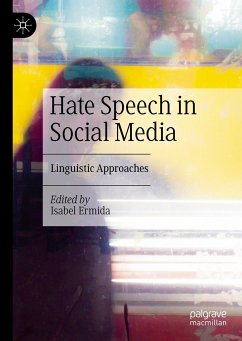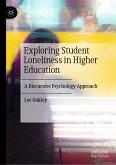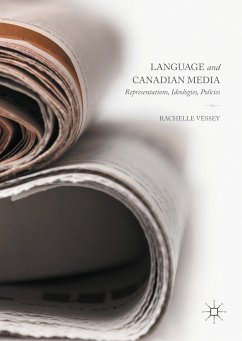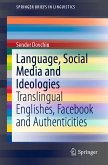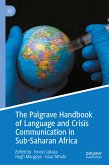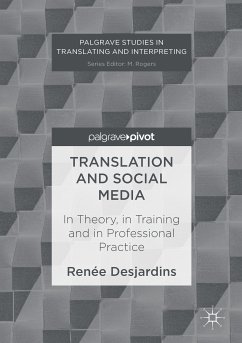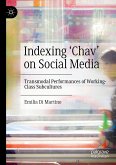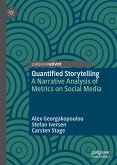This edited book offers insight into the linguistic construction of prejudice and discrimination in social media. Drawing on the outputs of a three-year research project, NETLANG, involving scholars from five European countries (Portugal, Czech Republic, Estonia, Finland and Poland), as well as on external contributions from participants in the project's final conference, the collection brings together a variety of linguistic approaches to the study of online hate speech, ranging from Pragmatics to Syntax, Lexis, Stylistics, Natural Language Processing (NLP) and Corpus Linguistics. Data from English, Portuguese, Danish, Lithuanian, Persian, Polish, and Slovenian are examined, along with various geopolitical contexts for hate speech, especially anti-refugee and anti-immigrant discourse. The authors explore a continuum of overt to covert textual data, namely: (i) structural elements, such as syntactic and morphological patterns found to recur throughout the texts; (ii) lexical and stylistic elements, revealing the often implicit ways vocabulary choices and rhetorical devices signal the expression of hate; and (iii) interactional elements, concerning the pragmatic relationships established in online communicative exchanges. The chapters cover numerous types of prejudice, such as sexism, nationalism, racism, antisemitism, religious intolerance, ageism, and homo/transphobia. The book will be of interest to an academic readership in Linguistics, Media Studies, Communication Studies, and Social Sciences.
Isabel Ermida is Professor of Linguistics at the Department of English Studies, University of Minho, Portugal. She has dedicated her research to the pragmatic analysis of forms of indirectness and implicitness in language, with a key interest in humour, on which she has published extensively (The Language of Comic Narratives, 2008; Language and Humour in the Media, co-edited, 2012). Her latest work explores the language of hate speech, focusing on the expression of power and the ideological construction of identity and belonging. Drawing on impoliteness studies and speech act scholarship, she has analysed the prejudiced and discriminatory representation of social variables such as gender, nationality, ethnicity, age, and social class in public discourse. Her latest international financed project (NETLANG) delves into the language of hate speech on social media.
Dieser Download kann aus rechtlichen Gründen nur mit Rechnungsadresse in A, B, BG, CY, CZ, D, DK, EW, E, FIN, F, GR, HR, H, IRL, I, LT, L, LR, M, NL, PL, P, R, S, SLO, SK ausgeliefert werden.
Hinweis: Dieser Artikel kann nur an eine deutsche Lieferadresse ausgeliefert werden.

